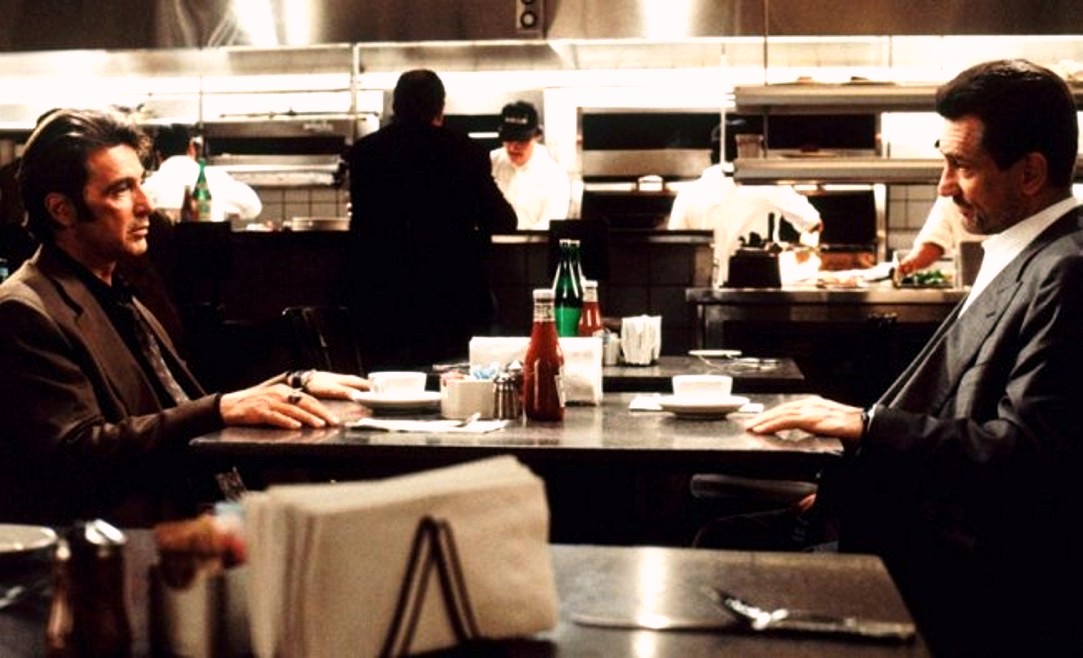
An effective technique for actors to sharpen their acting skills is duet acting. In duet acting, two actors pair off and act out a short script. Although duet acting is associated with high school speech and debate, it is an inexpensive way for actors to practice a wide array of character types and dialogue. Below are some guidelines for duet acting.
- Find a script. A script suitable for duet acting is a short play with two characters lasting ten minutes. There are many sites for such scripts, including the following: Scenes for Actors – 10-minute Plays; Free Duet Acting Scripts – Acting Career Start-Up; and One-Act Plays for Two Actors.
- Find a quiet place to act, e.g., a classroom, empty theater, or living room. Actors may sit in chairs opposite one another, or stand. Props generally are not used, but there is no rule against using them, especially if the play hinges on a prop.
- Read the script through to get a sense of how it should be performed. If a play, for example is set in a coffee shop, the actors may want to sit at a table for the duration of the play. On the other hand, if a play involves movement, actors might want to stand in an open space and pantomime the actions indicated by the play.
- Determine the tone of the script. A duet script can be dramatic or humorous and express a wide range of themes.
- Switch roles. Actors should switch parts in order to practice different characters. This is especially effective when one character is the “straight man” and one is the “funny man.”
- Record the performance. This is not required and may cause anxiety, but it is an easy way for actors to analyze their performance. It allows actors to hear themselves and to see their movements without the pressure of a director.
Although numerous duet scripts are available online, here are some ideas that actors can expand upon:
- The classic coffee shop scene. Some duet scripts are dialogue-only, and a common setting for a ten-minute dialogue is a coffee shop. Such dialogues can be humorous, tense, loud, quiet, romantic, and so on. Here are some possible plots:
One character has to reveal a secret to the other character, e.g., that he or she is married, is a member of a crime family, has a life-threatening condition, or works for a secret government agency. The tone here can vary from humor to tragedy.
One character has to explain something to the other character, e.g., how to do something computer-related, how to find a spouse, how to buy a car, how to understand coffee terminology, or how to use chopsticks. This kind of plot lends itself well to humor, with one character trying to explain something patiently and the other character not understanding.
- A touring scene. In this kind of scene, two actors pretend to be tourists exploring a location. This kind of scene allows actors to practice movement and pantomime. Possible plots:
The characters are lost in a large, non-native city and cannot speak the native language. Characters might seek directions from natives by speaking loudly and making gestures. Or they may wander around and look for various landmarks to guide them.
The characters are exploring nature. Characters could observe wildlife, explore a cave, run away from dangerous animals, or climb a mountain.
- A space station or spaceship scene. Most scenes in classic science fiction entertainment take place on a space station or ship. Acting out such scenes involves both dialogue and movement. Possible plots:
The characters’ are the only two crew members left conscious after a hostile alien attack. They must evade the aliens and try to defeat them.
The characters have to prevent their station or ship from exploding due to a catastrophic malfunction.
One character is a diplomat tasked with giving a tour of the ship to a member of a difficult alien species. The alien could be hostile, lacking emotion, or eccentric.
As we can see, duet acting gives actors the chance to act in a variety of circumstances and to express a variety of moods. It requires little time or expense and can be practiced anywhere, yet it sharpens an actor’s skills as much as a full dress rehearsal or a stage performance.